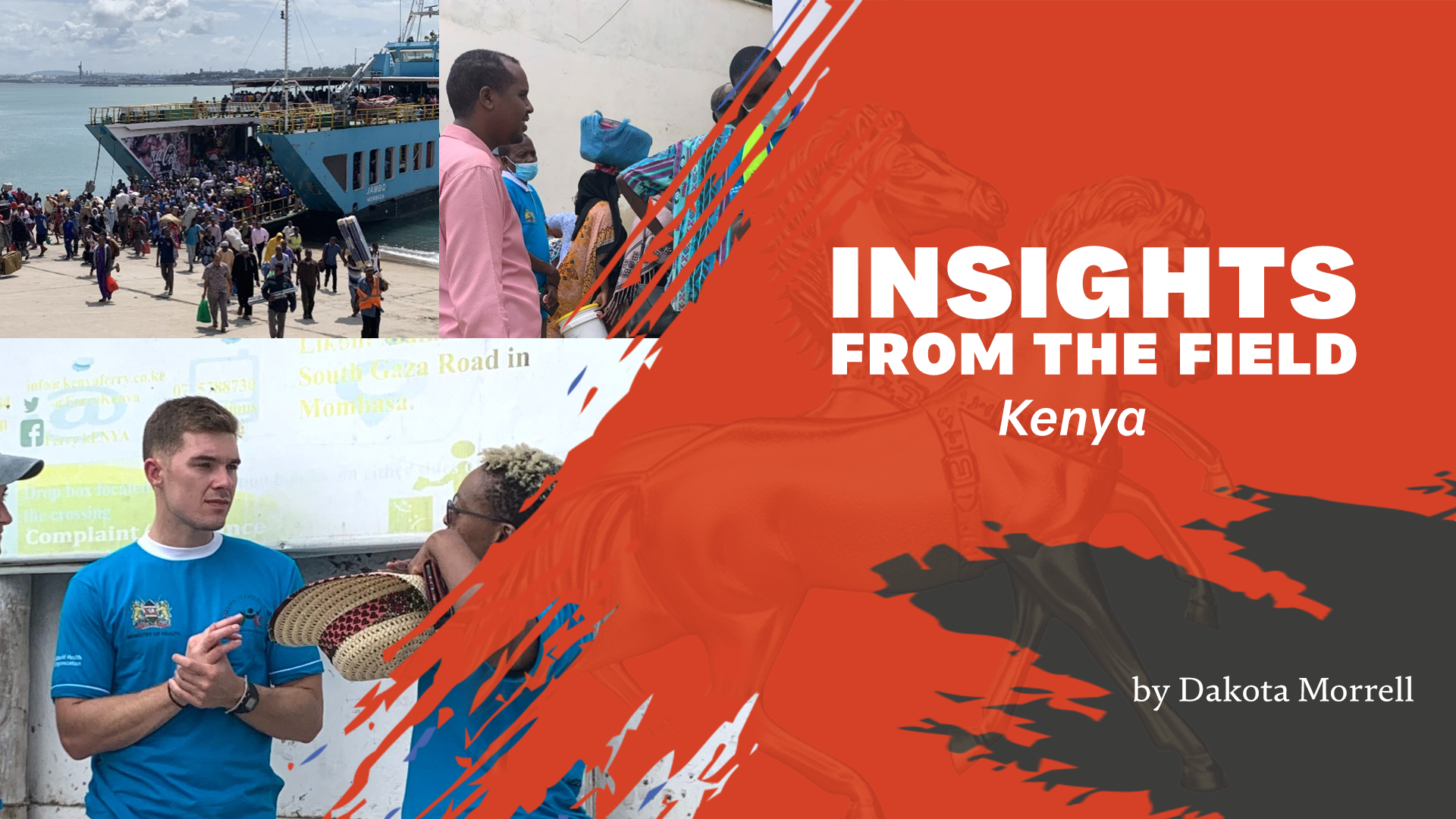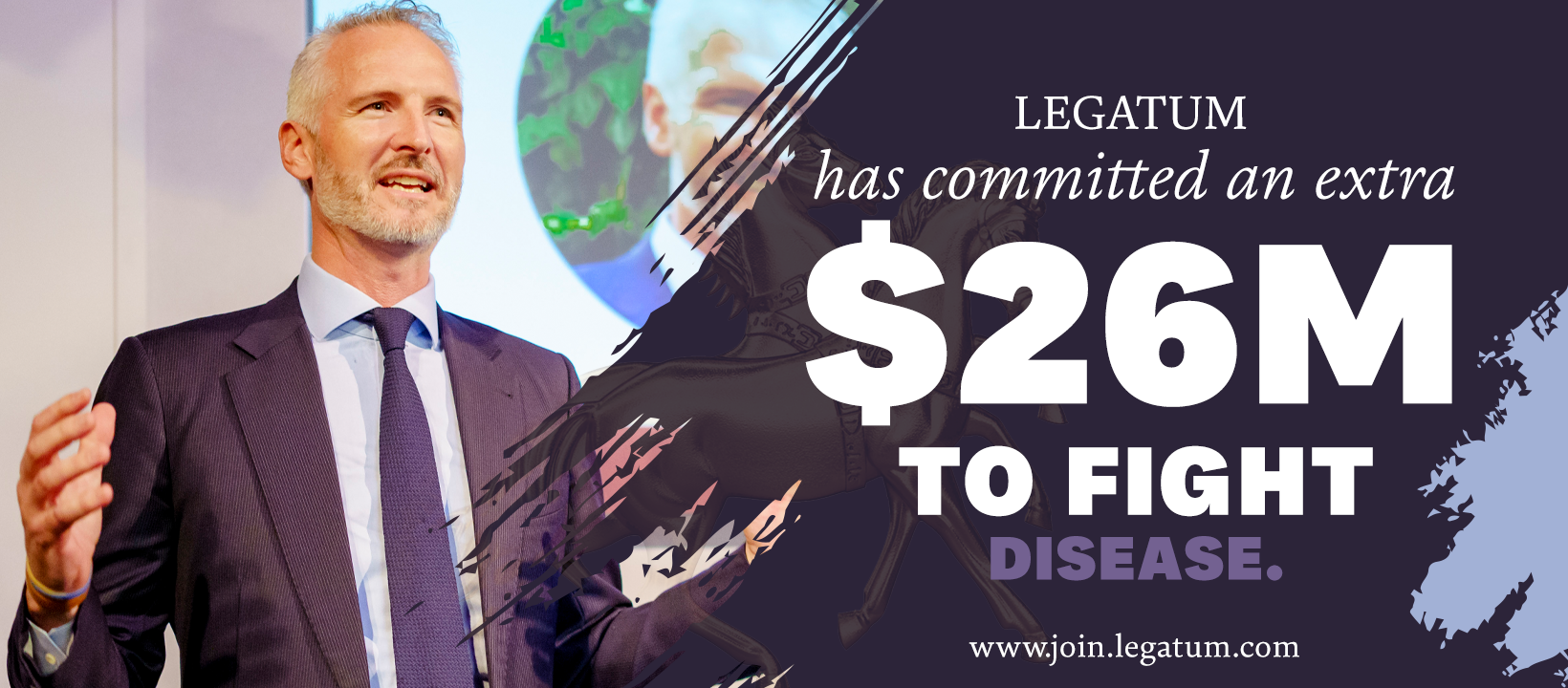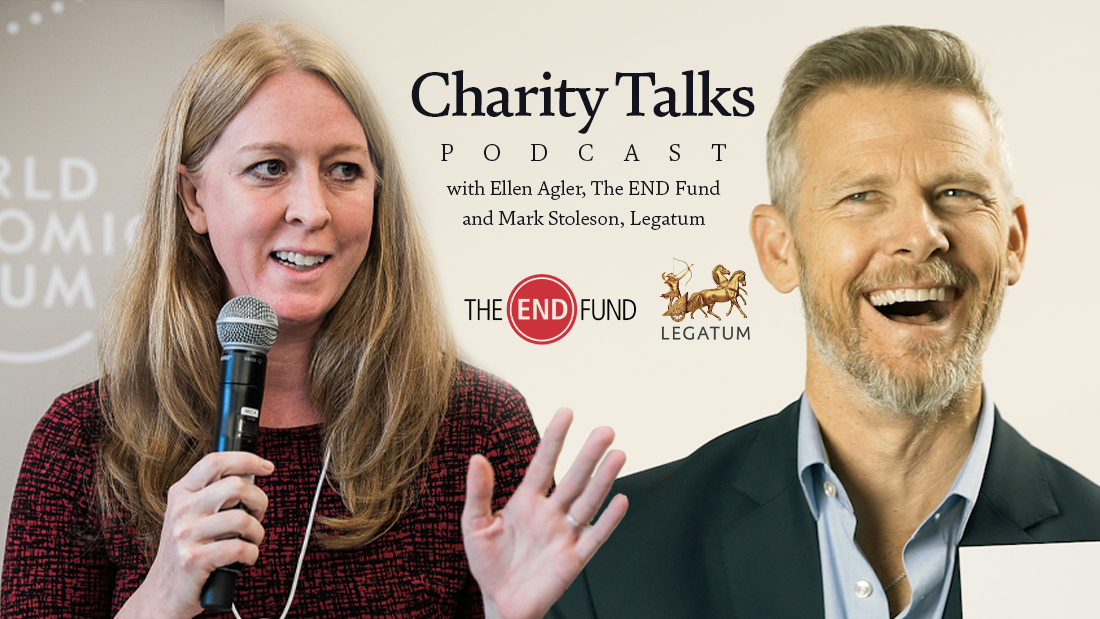In 2006, Legatum committed US$ 8.9 million to combat neglected tropical diseases (NTDs) in Rwanda and Burundi using two new concepts of treatment delivery. The results from Legatum's programmes indicated that an NTD grant was one of the most high-impact public health interventions. With so little attention on the issue, Legatum decided to seed a new private initiative that would focus exclusively on NTDs and seek to mobilise further resources and advocate for more public funds to be directed towards the disease set.
At the beginning of 2012, the END Fund was born.
On 30th January 2021, we celebrate World NTD Day, a new milestone in the fight to control and eliminate NTDs. To help raise awareness, we have included a story below about one of our first NTD initiatives.

Photographer Abbie Trayler-Smith visited three provinces in Burundi with the highest prevalence of neglected tropical diseases. There, she saw how chronically ill children were being freed from intestinal parasites as part of an inspiring health initiative.
The small landlocked country of Burundi in East Africa has been struggling to find its equilibrium since the civil wars of the 1990s, which radically altered its infrastructure and its economy, as well as diminishing its population and displacing many survivors into the neighbouring Democratic Republic of Congo.
When Abbie visited the region in 2007, the population was suffering heavily from neglected tropical diseases (NTDs), a group of infectious diseases that inflict suffering and chronic disability on one billion of the world’s most impoverished people.
The four main diseases to affect people in the regions of Bururi and Cibitoke are intestinal worms, schistosomiasis, trachoma and onchocerciasis, none of which is fatal in itself, but each of which is extremely debilitating and painful.
As always when a country is rebuilding, a strong and healthy workforce is a necessity, and this is why a host of initiatives to combat NTDs were required to gradually make a very real difference to people’s lives.

Enabled by the generous donation of drugs from large pharmaceutical companies, and through the great work of private donor funds, people at risk can get the donated medicines they need to treat these devastating diseases through mass drug administrations. Costing just 50 cents per treatment, it is one of the most high impact public health interventions.
On her second day in Burundi, Abbie happened to overhear a representative from the health authority talking to a gathering crowd about the concept of “free” drugs.
Abbie told us:
Much of the success of the project lies in its ethos of choosing distributors from the communities themselves. Added to this, the fact that the drugs are administered locally makes a huge difference. People no longer have to walk for hours to their nearest clinic; they can simply gather under a specific tree in their village to receive much-needed treatment.
In Abbie’s words:
Of course, drug distribution is only one aspect of this important prevention programme. Simply informing the local population about NTDs and prevention methods, is a key strategy of the aid agencies on the ground. Dance performances have been found to be very effective as aids to communication because they can reach people who are illiterate and can cut through resistance to changing practices or to feeling intimidated by new information.
In fact, the whole programme was launched with a flamboyant celebration of dancing, drumming, and singing, with representatives from government, health authorities, administrators, and village chiefs all present to make the whole community realise that the distribution campaign is very important and that they must take part.
To ensure long-term sustainability and disease prevention, significant investments in sanitation and clean water projects are also needed. However, the great success of the drug distribution programme means that millions of people have been reached in Burundi, thanks to people choosing to work together to help themselves.
Burundi has achieved major milestones by public health standards, and it is highly encouraging to know that today the prevalence rates of schistosomiasis in some areas of Burundi have dropped below the World Health Organization (WHO) threshold of 10 percent.

Dubai International Financial Centre
Dubai, United Arab Emirates




